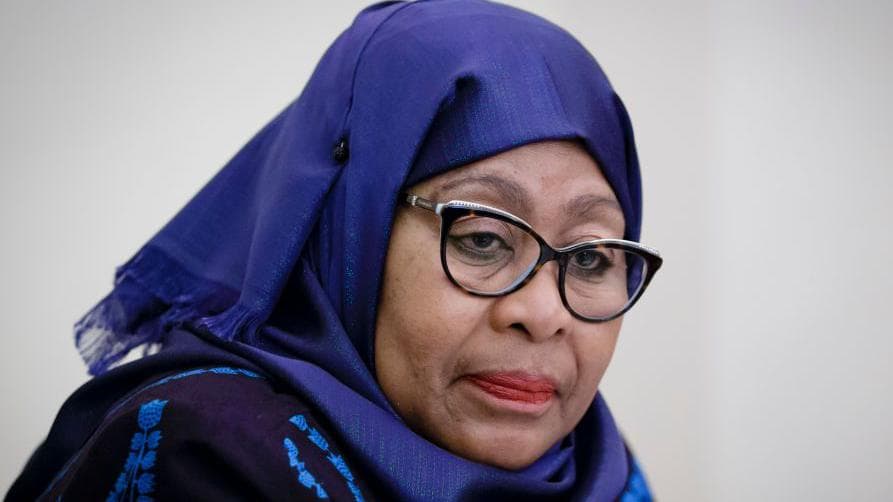AU Flags Tanzania Election as Flawed Amid Deadly Crackdown on Protesters

The 2025 general election in Tanzania has plunged the country into one of its most serious political and human-rights crises in recent history. Although the official tally declared President Samia Suluhu Hassan the winner with more than 97 percent of the vote, widespread claims of irregularities and violent repression have cast doubt on the legitimacy of the entire process.
The African Union observer mission, led by former Botswana president Mokgweetsi Masisi, issued a preliminary statement concluding that the election did not comply with AU principles or international standards for democratic governance. Observers reported a heavily restricted political environment, disqualified opposition candidates, ballot-stuffing, voters being issued multiple ballots, inadequate ID verification, and many polling stations operating without party agents. An internet blackout during vote counting further undermined transparency.
Public outrage over the disputed results triggered protests across major cities including Dar es Salaam, Arusha and Mwanza. Demonstrators defied curfews and faced off with security forces. The state’s response has been extremely violent, with police using live ammunition, tear gas and mass arrests. Human-rights organisations monitoring the situation claim that at least 3,000 people may have been killed since 29 October, with allegations of mass graves in areas such as Mabwepande. Hospitals are reported to be under tight security to block independent verification of casualties.
Opposition leaders have been targeted as well. Several senior figures from Chadema and other parties face treason charges, while hundreds of civilians remain in detention, many without access to legal representation. Police continue to publish lists of wanted political activists, intensifying the climate of fear.
The crisis raises critical concerns for Tanzania and the wider region. The country’s democratic credibility has been severely damaged, and the scale of the violence points to widespread human-rights abuses. Continued suppression risks fuelling long-term political instability and increasing public mistrust in state institutions.
Addressing the crisis requires urgent action. An independent investigation into the killings is essential to uncover the truth and deliver justice to victims. Comprehensive electoral reforms and political dialogue are needed to rebuild confidence. Regional bodies such as the AU and the East African Community will be key in pressing for accountability and safeguarding democratic norms.
The 2025 election will be remembered not only for the disputed results but also for the unprecedented level of violence that followed. Without meaningful reforms and accountability, Tanzania risks drifting further from democratic governance and deeper into authoritarian rule.
